The 67-year-old inmate sat in a small conference room in San Luis Obispo, California, this week, hopeful that a parole board would finally grant him a release date. Frederick Newhall Woods, now a bit frail, has been incarcerated 43 years for helping commit one of California's most shocking crimes.
It was back in July 1976, when three young men from wealthy families kidnapped a school bus full of children in the Central Valley town of Chowchilla. Twenty-six children ages 5 through 14 and their driver were taken at gunpoint, driven in two locked and darkened vans for over 100 miles before being buried alive in an underground prison. It remains what is reported as the largest kidnapping ever in the United States.
The children were buried under dirt and rocks in a quarry — inside an old moving van with makeshift ventilation, toilets, some food and water. The kidnappers left to call in their ransom demand — $5 million, which they expected the state would pay from a recently announced budget surplus.
But the phone lines to Chowchilla were jammed with anxious parents calling and press inquiries pouring in from around the world. The kidnappers could not get through. They took a break and they napped. Meantime the children brought the kidnapping to an end when they and the driver managed to dig their way out. Their ordeal had lasted 28 hours.
Although their physical injuries were limited to cuts and bruises, the children were deeply scarred by their experience, says Dr. Lenore Terr, a San Francisco psychiatrist who described their trauma in her book, "Too Scared to Cry."
In 1976, we didn't know much about childhood trauma, much less how to treat it, she recalls, adding, "Despite their varied backgrounds, every Chowchilla kid I interviewed suffered from PTSD symptoms for years after the kidnapping and burial alive."
Now, 43 years later in a new investigation by "48 Hours", the children have spoken out about the lifelong impact of the crime on them. "The Chowchilla Kidnapping" airs Saturday at 10/9c on CBS. Many to this day feel anger, fear, depression and shame ... punishment for this crime continues to fall on the survivors.
For the kidnappers, money and political connections have eased their punishment.
New reporting shows the one kidnapper still in prison, Fred Woods, has been making money and running businesses while incarcerated. A prison investigation determined he even launched a lawsuit from behind bars — suing an employee for $1.5 million.
While California law does not prohibit an inmate from running a business from prison, it does require permission from the warden — permission Woods never bothered to obtain.
Woods is a descendant of two prominent California families — the Newhalls and the Woods —and the heir to a family fortune. He has a trust fund from his parents, which he shares only with a sister who is institutionalized with Down syndrome. In one court filing, the trust fund he inherited was described as "over $100 million," a number his lawyer Dominique Banos of Los Angeles dismissed as "nothing anywhere near that."
The fund does pay for a team of lawyers. Gary Dubcoff, a Woods lawyer in San Francisco, urged earlier this month that Woods be paroled. He wrote, in part, "It is unconscionable that Mr. Woods remains incarcerated some 43 years after his offense, period. Apart from the commitment offense, he has no history of violence, whether before prison or in it. He is an elderly inmate, fast approaching 70, and clearly presents no danger to anyone."
A youthful "stunt"
At the time of the kidnapping, Woods was 24. His accomplices lived near him in some of San Francisco's nicest suburbs: his friend James Schoenfeld, also 24, and James' younger brother Richard, 22, two sons of a prominent Bay Area foot doctor. So, the mystery was, what motivated three rich kids to carefully plan and execute this crime?
All three pleaded guilty to kidnapping with one, Richard Schoenfeld, expressing remorse. But Fred Woods was already considering another scheme: a movie of their crime. In a newly discovered letter from 1976, Woods urges a friend to write a script. "I think it would make a damn good movie of the week, if not a feature," he writes. "It's big — real big — and a hot item everybody wants to know about." Woods adds, "If you do make it into a film, all I want is a percent of it."
All three kidnappers received mandatory life sentences. But their families had money to appeal. In 1980 a panel of judges hearing the appeal ruled the kidnappers would be eligible for parole. One member of this panel was Judge William Newsom, a strong believer in rehabilitation for felons.
After he retired, Judge Newsom became an outspoken advocate for the Chowchilla kidnappers, saying that the notorious crime was just a youthful "stunt" that had "no vicious aspect to it."
Judge Newsom lived long enough to see his son, Gavin, elected California's 40th governor. Now Governor Newsom will have the final say on whether Fred Woods is ever successful in his bid for parole.
After being denied parole 16 times, Woods' most recent effort was on October 8. It was not a good day for him. Just a few days earlier, prison investigators had found Woods guilty of conducting unauthorized business activities. While his punishment was just 30 additional days in prison, a blip in a sentence that's lasted decades, the rules violation was a serious impediment to parole.
The parole board decided not to release Woods and to set his next parole suitability hearing for 2024, when Woods will be 72. "Despite his age, Mr. Woods is still committing his criminal behavior," the board chairman ruled. "He chooses not to follow the rules of this institution."
His lawyer, Ms. Banos, says they will appeal, adding that as recently as January of this year the prison found no evidence that Woods was engaged in business from behind bars.
For now, despite his financial resources, Fred Woods will remain Inmate #B90399 at the California Men's Colony prison in San Luis Obispo. From there he has been directing at least three businesses: the Ambria Acres Christmas tree farm down the road from Creston, California, the Little Bear Creek gold mine near Lake Tahoe and a used car business with a warehouse filled with vehicles in Tehachapi.
Woods had been keeping his activity quiet until a worker accident caused his business operations to start to unravel. Michael Bianchi who managed aspects of all three businesses injured his back, neck and shoulder in the Little Bear Creek mine. He needed surgery. When Woods said it was not his problem, Bianchi filed a claim with the state Workers' Compensation Board. The board had to determine whether Woods was indeed hiring employees and running a business from prison.
In his Findings of Fact issued May 20, 2016, Administrative Law Judge Michael LeCover declared that the worker "was an employee of Frederick Woods Trust." On the question of whether Woods was pulling the strings from behind bars, Judge LeCover called the facts "unique" and "incredible," writing: "Essentially ... Mr. Woods is able to run his business affairs while being an inmate at the California Men's Colony via letter, via prison phone and via cell phone."
Woods has found ways to ease his long prison term. He's had four wives, three of whom married him in prison. With his trust fund, Woods bought an ocean view mansion in Nipomo, which sits mostly vacant some 30 minutes down the road from the prison. It is appraised at $1.5 million. At the beginning of this year he sold another property his family owned on Martha's Vineyard for $550,000.
Woods' trust fund was used to settle a civil suit in 2016 filed by the Chowchilla survivors against the kidnappers. The settlement amount paid to each of the 25 surviving children was not disclosed but was characterized by one survivor as "enough to pay for some serious therapy — but not enough to buy a house."
Getting richer behind bars
Nevertheless, Woods has continued to make money. His gold mine hasn't panned out but his car business is thriving. He sold an old Rolls Royce for $100,000.
Two of the vehicles in Woods' car inventory are the twin vans in which the kidnapped children were transported from Chowchilla to their underground prison in the quarry, according to Michael Bianchi. He says Woods has kept the old vans with the expectation that the notoriety of Chowchilla will make the vehicles worth a lot of money.
The Christmas tree farm failed to turn a profit, and for that Woods sued his manager Bianchi for failing to nurture the tens of thousands of trees Woods hoped to sell. Bianchi says the trees died because Woods ignored the first rule of farming — having an adequate water supply, which Woods failed to purchase.
In the original suit asking for $1.5 million from Bianchi, Woods used his name, Frederick Newhall Woods, as the plaintiff. A month later his lawyer filed an amended suit changing the plaintiff to the Fred Woods Trust.
It's not clear whether acting through a trust, which has an outside trustee, shields Woods from responsibility of what the trust does. In its most recent investigation, prison authorities concluded Woods was responsible for operating the business.
Now Michael Bianchi is speaking out about working for a difficult, demanding boss who never felt rules were made for him. He shared Woods' letters from prison — highly detailed tasks to do at the three businesses, as well as voicemails from Woods, often from cell phones, which are illegal in state prisons.
"Hey Mike, it's Fred," goes one voicemail, "This is my new number, but I don't have it to myself. It's basically shared with a bunch of other guys." In another voicemail, Woods is pushing a deal: "...that Nipomo house deal — you want to try to swing it by that guy, try to swing it by for $2.9 million, see if he's interested in paying that ... Anyway, it's well worthwhile to give it a shot and see what happens."
The motive: "Multiple victims to get multiple millions"
If Woods does get to another parole hearing, he might consider the path taken by the other two kidnappers who did win release. Richard Schoenfeld was paroled in 2012, and brother James in 2015. Both made the case to the parole board that they were no longer a threat to society and recognized the harm caused by their crime. In his successful parole hearing, James Schoenfeld became the first kidnapper to explain the motive for three rich kids to hijack a school bus.
He said, despite their parents' wealth, that both he and Fred Woods had run up serious debts. He explained, "We needed multiple victims to get multiple millions, and we picked children because children are precious. The state would be willing to pay ransom for them. And they don't fight back. They're vulnerable. They will mind."
Woods has been called the ringleader and a sociopath by his old nemesis, the sheriff of Madera County where the school bus was hijacked. Past parole hearings have found Woods to be evasive, unable or unwilling to follow prison rules and failing to acknowledge the severity of his crime. He has been cited for multiple disciplinary infractions including three for possession of pornography and two for possessing cell phones.
Perhaps it is the children — and their long struggles to lead normal lives — who provide a hopeful lesson from the Chowchilla kidnapping. Psychiatrist Dr. Terr calls the kids, "little heroes of medicine" who have shown through their stories the devastation caused by even brief moments of terror and short separations from parents. Today we know the importance of prompt treatment for psychological wounds. Whether caused by mass shootings or other traumas, intense therapy and early counseling provide the best chance for recovery from those wounds.
George Osterkamp is a producer for "48 Hours"
https://www.cbsnews.com/news/chowchilla-bus-kidnapping-frederick-woods-ran-a-gold-mine-and-christmas-tree-farm-from-prison/
2019-10-11 12:11:05Z
CAIiEJETrr2aLWLVJjQ_4_8o974qGQgEKhAIACoHCAowyNj6CjDyiPICML_fxAU
Bagikan Berita Ini
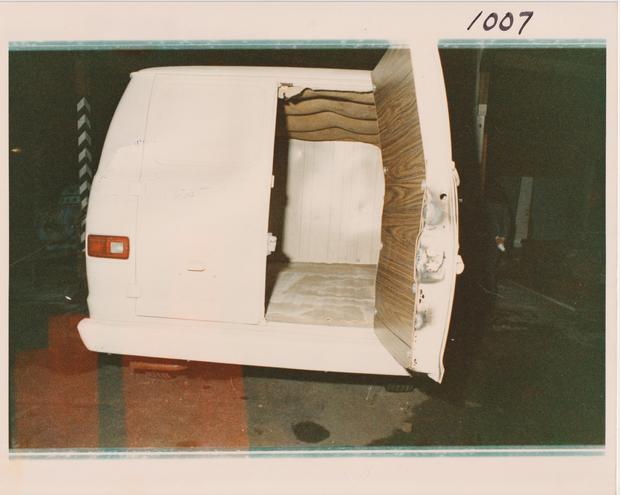
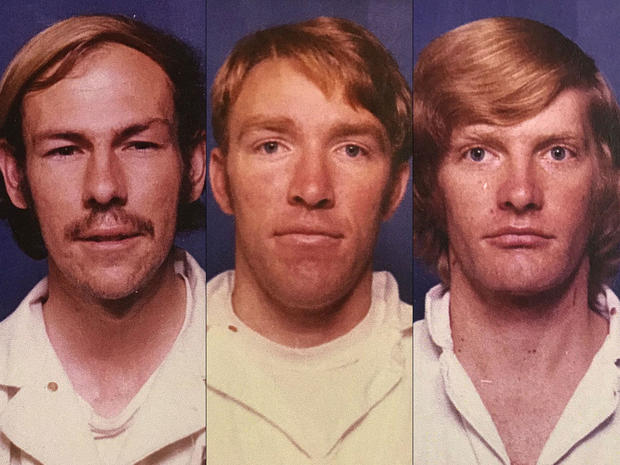
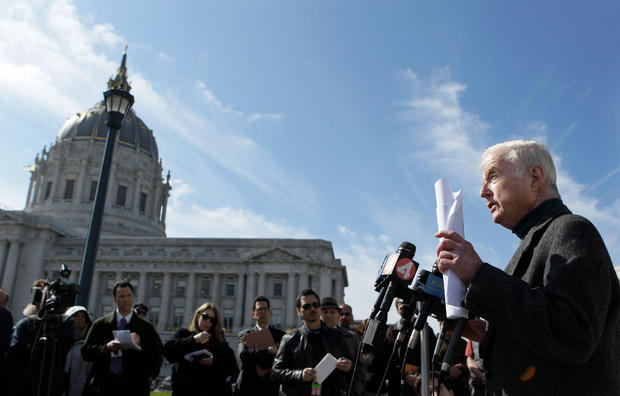
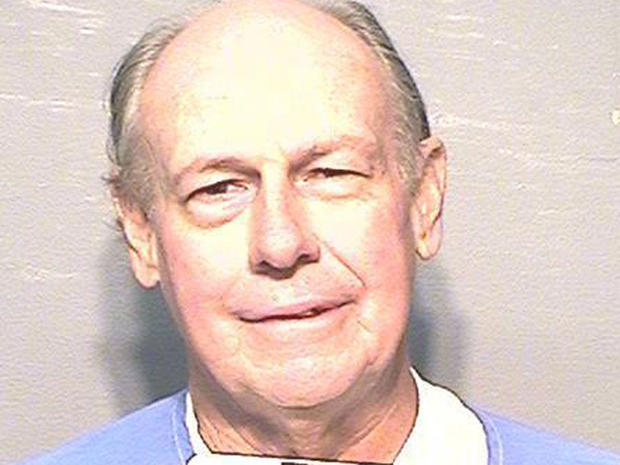
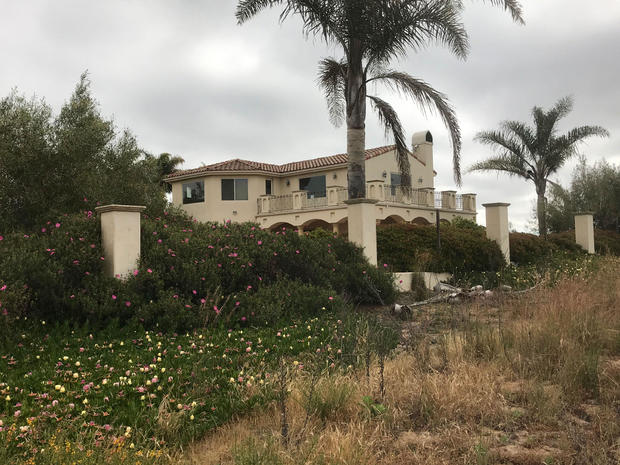















This comment has been removed by the author.
ReplyDeleteplease how can i get the permission to use some of these photos in my next youtube video?
ReplyDelete